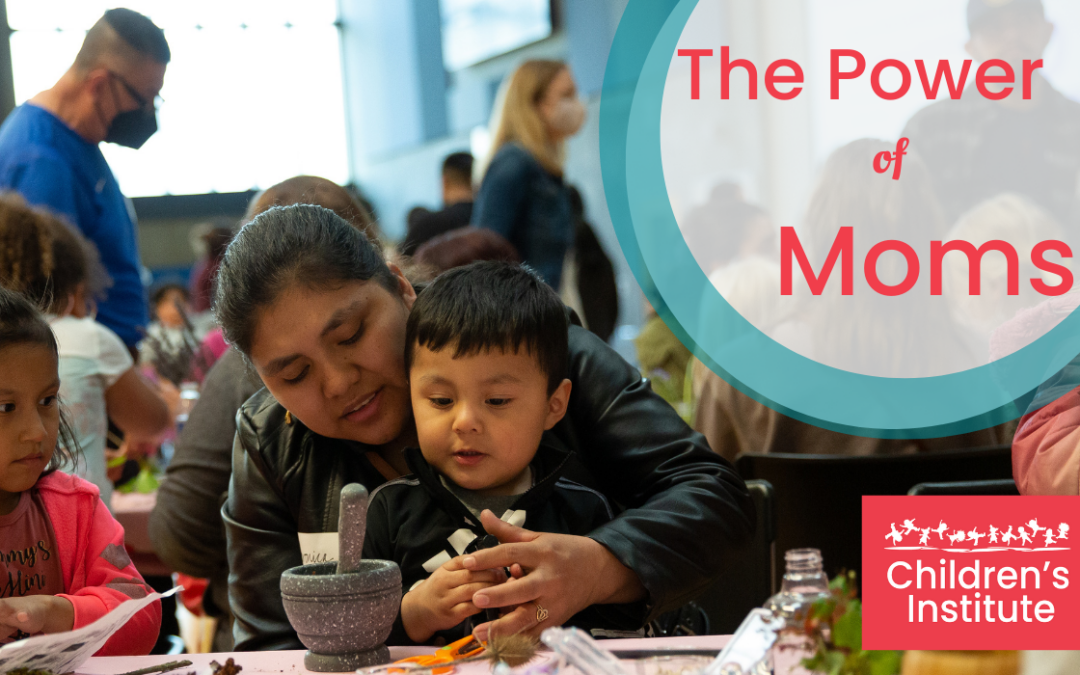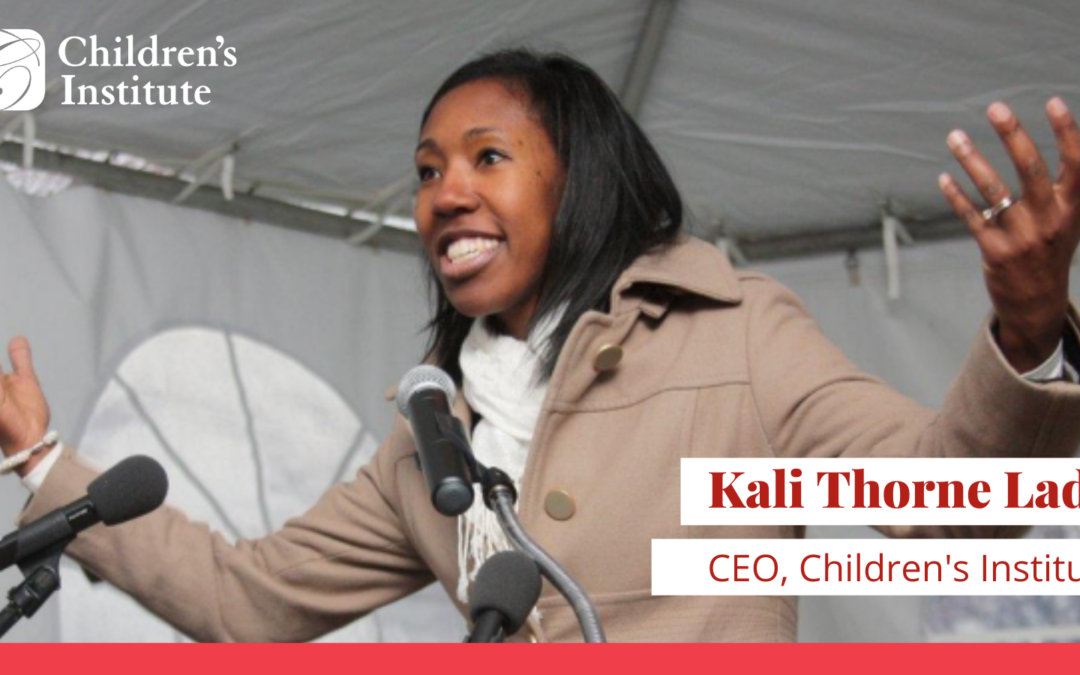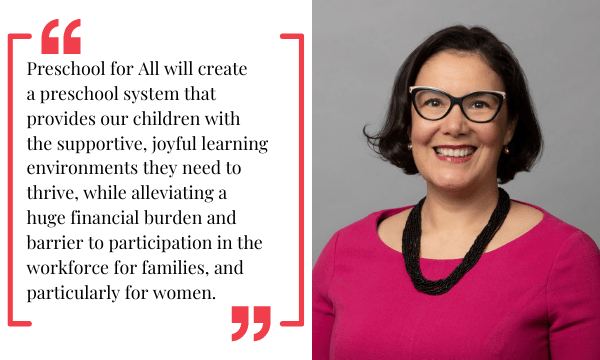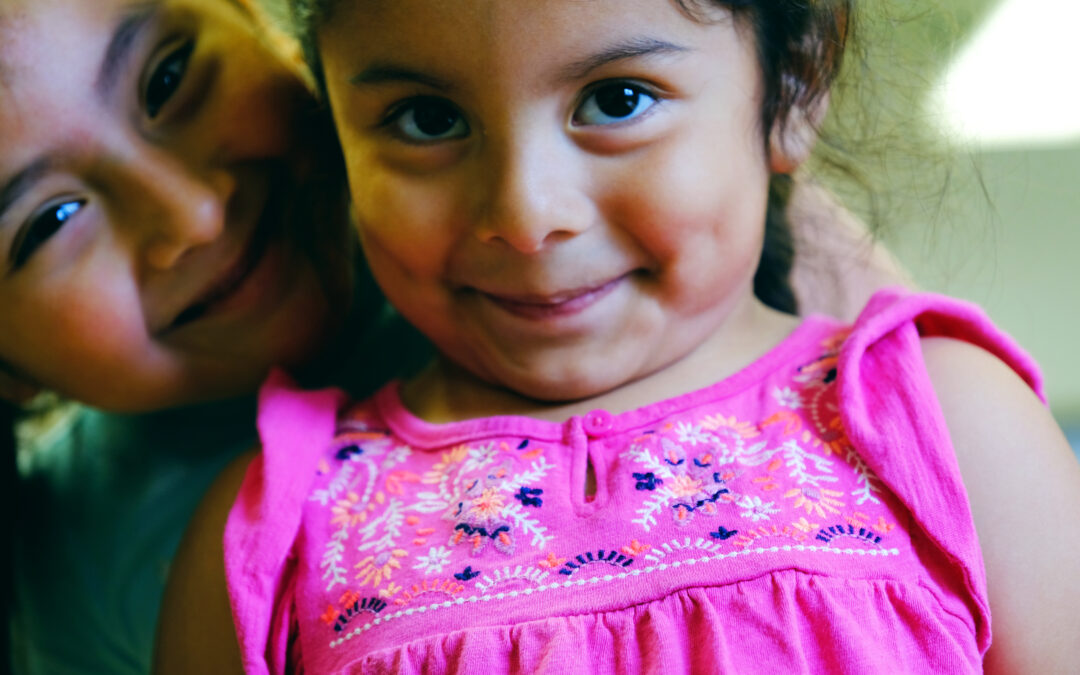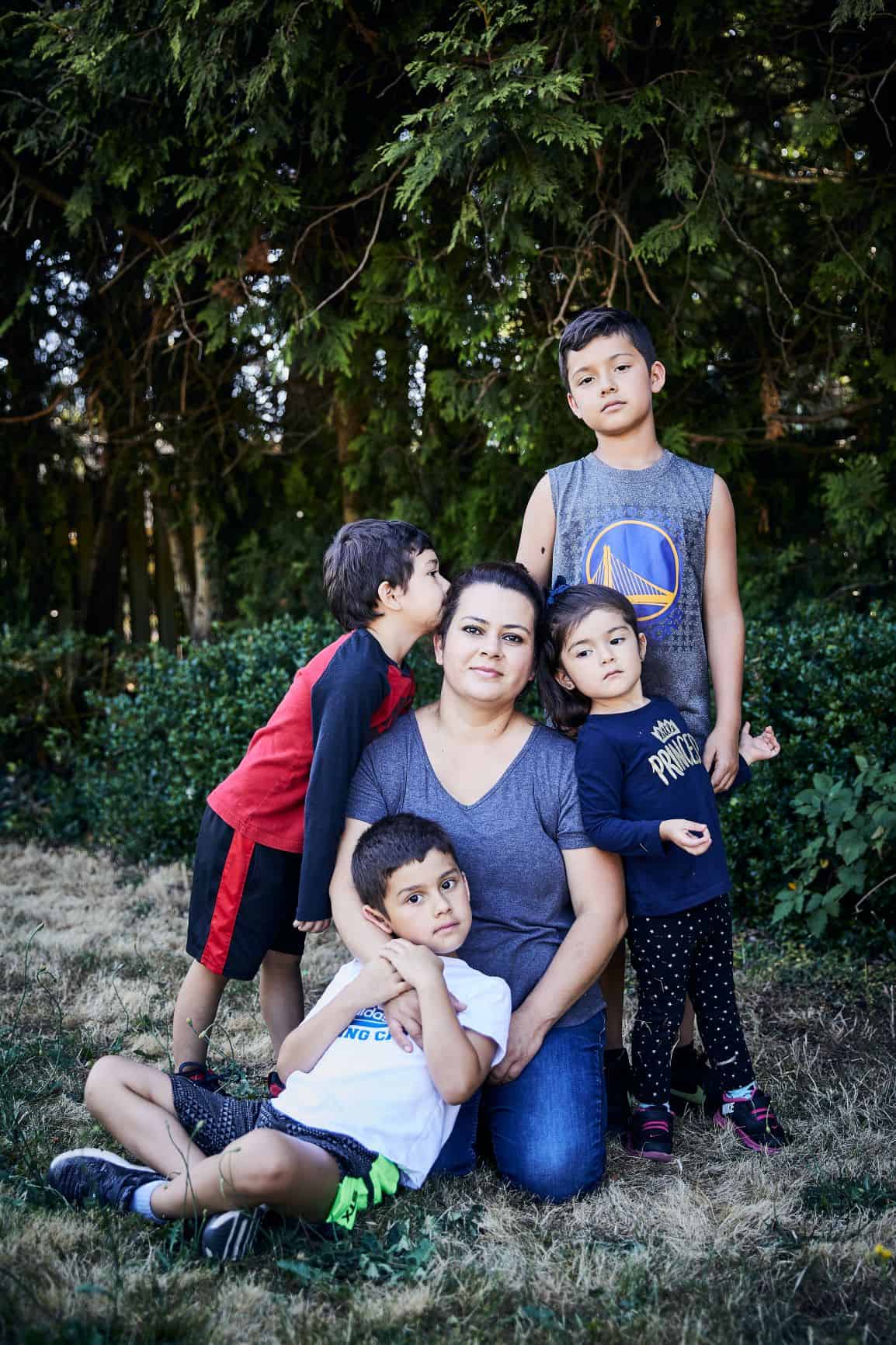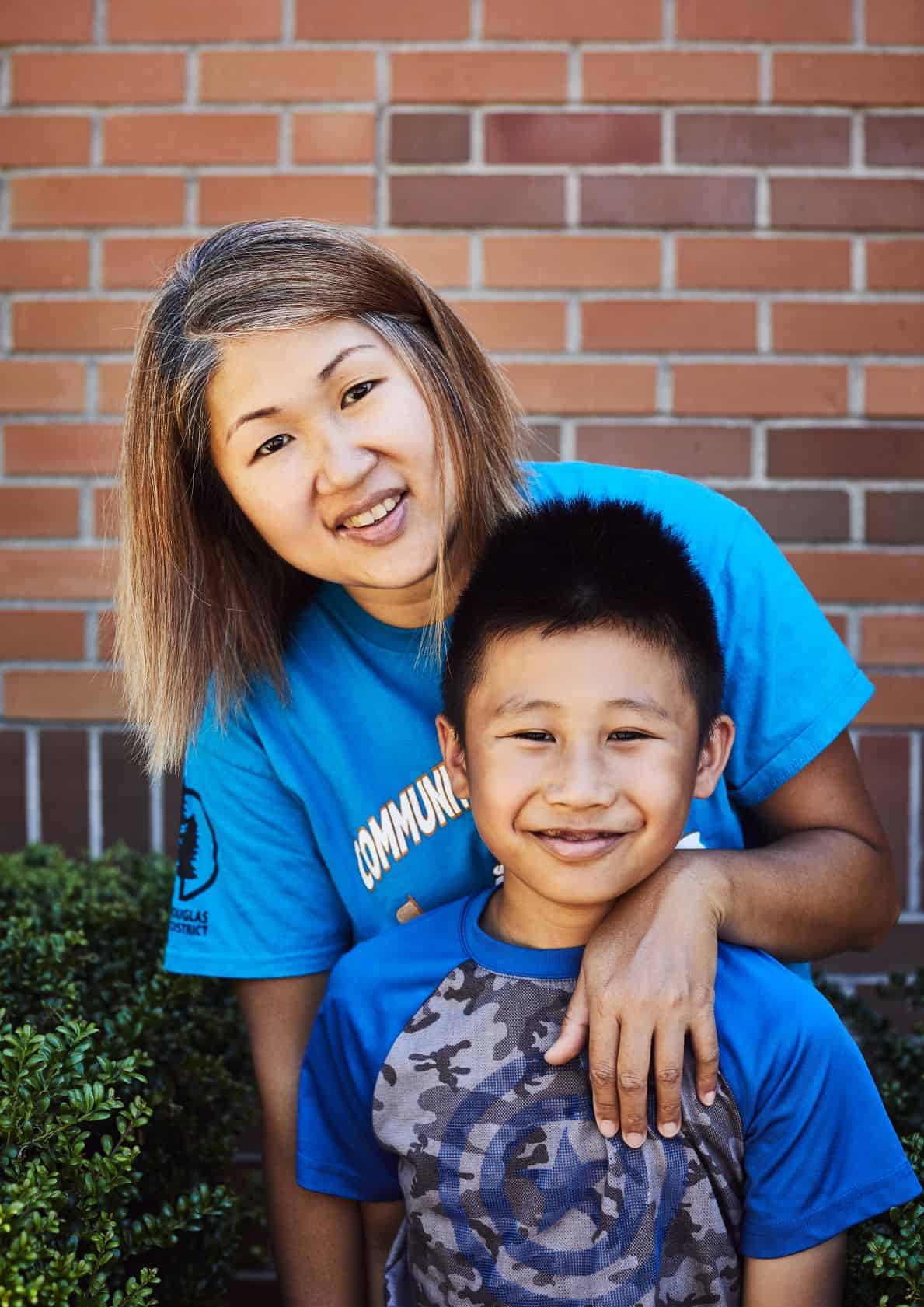The Children’s Institute board of directors is delighted to announce Kali Thorne Ladd as our incoming chief executive officer. She joins us from KairosPDX, a nonprofit dedicated to eliminating educational opportunity and achievement gaps for historically underserved children. She has served as executive director since its founding in 2012 and will assume her role as CEO at Children’s Institute in mid-September.
Thorne Ladd co-founded KairosPDX as a culturally specific organization and school that uses a holistic approach to education in a way that embraces identity and empowerment.
Through that work, and as a visionary leader in multiple capacities in the region, Thorne Ladd has a long track record of working to transform early learning and healthy development for children and families in Oregon. This has included serving as the chair of the board for Portland Community College, serving on Governor Brown’s Early Learning Council, and serving on the board at the James F. and Marion L. Miller Foundation based in Portland.
“I’ve worked with Kali in numerous capacities over the years and am thrilled to have her lead this next chapter for Children’s Institute,” said John Tapogna, Children’s Institute’s board chair.
Thorne Ladd has also worked on education strategies in the mayor’s office in the City of Portland and at the Oregon Department of Education. She holds a master’s degree in education policy from Harvard University and a bachelor’s degree in elementary education and psychology from Boston College.
“This is an exciting time for early childhood in Oregon and nationally,” Thorne Ladd said. “This role provides an opportunity to elevate the importance of early childhood for diverse demographics of children and families across the state. I’m looking forward to bringing in more Black, Latinx, Asian and Indigenous voices to share their stories and their solutions.”
Her priorities include centering the needs of children as we move forward as a state and as a nation. “We have so many solutions at our fingertips here in Oregon, so many promising practices, and so many investments happening locally and federally,” Thorne Ladd said. “As we implement, we’ll really begin to see more children thrive.”
The Children’s Institute board thanks Karen Twain for providing outstanding leadership for the organization as interim chief executive officer over the past eight months. In September, Twain will return to her previous role as director of programs overseeing the work of Children’s Institute’s two initiatives working with school communities in Oregon, Early School Success and Early Works.



